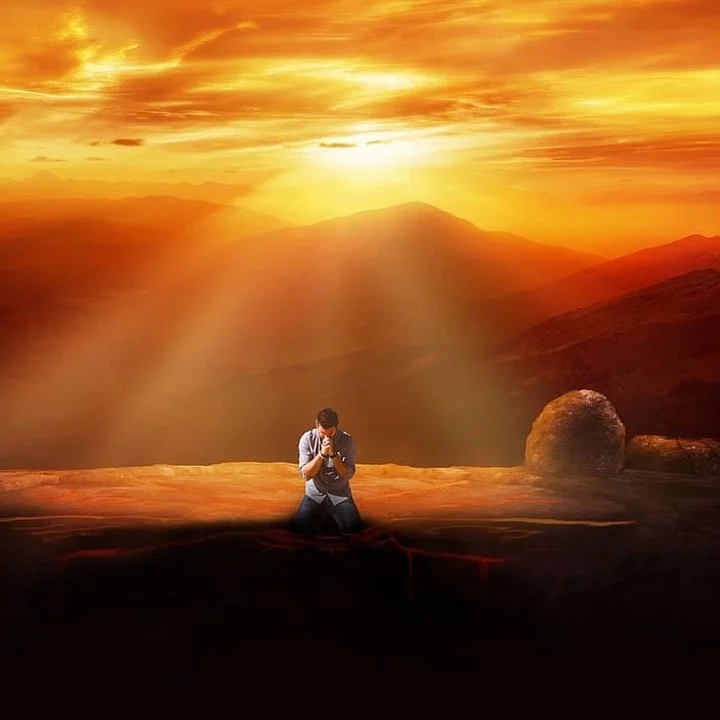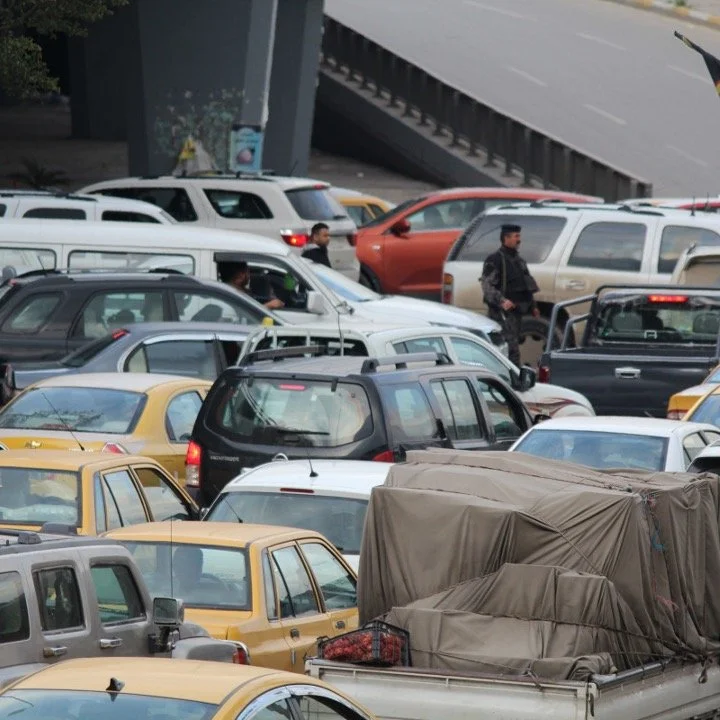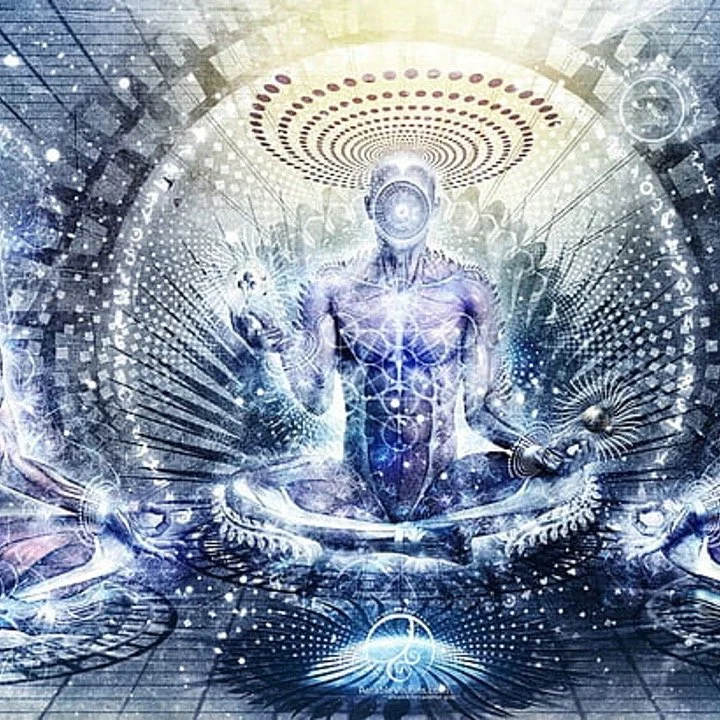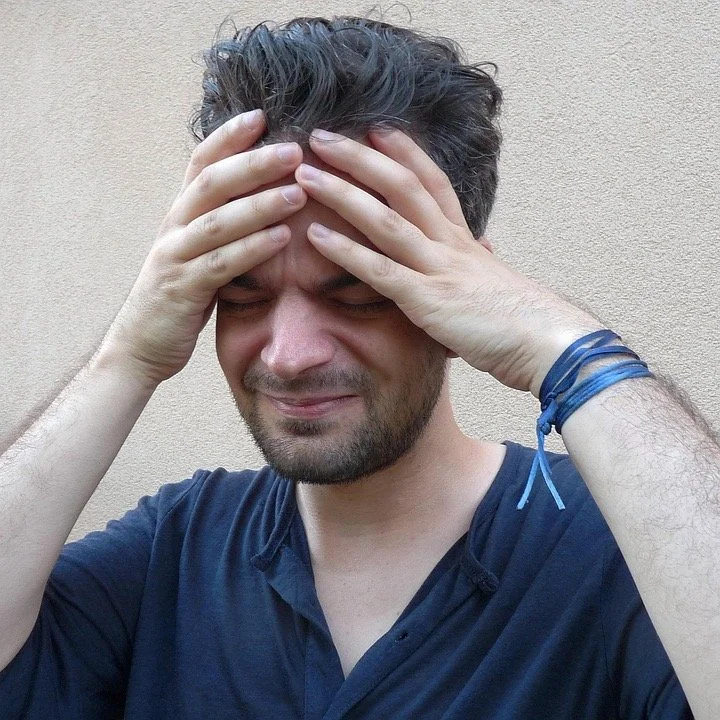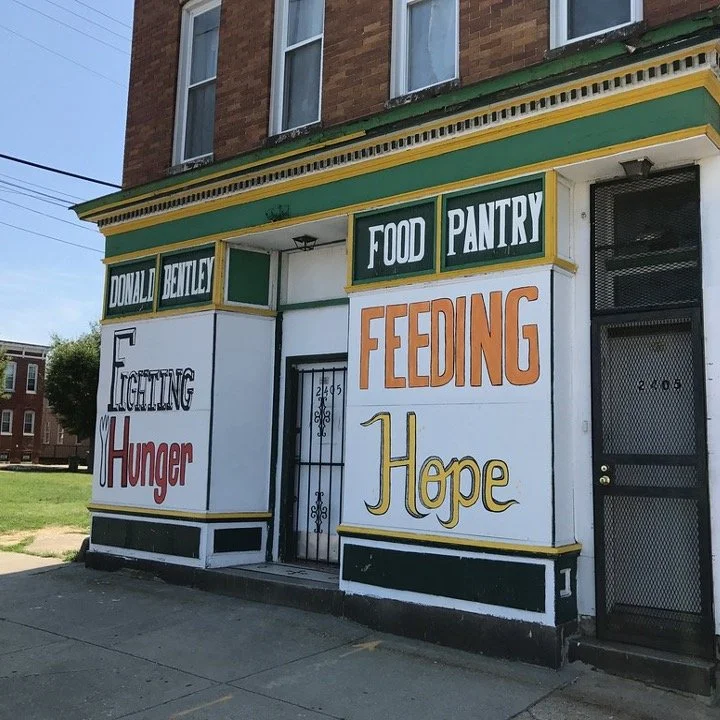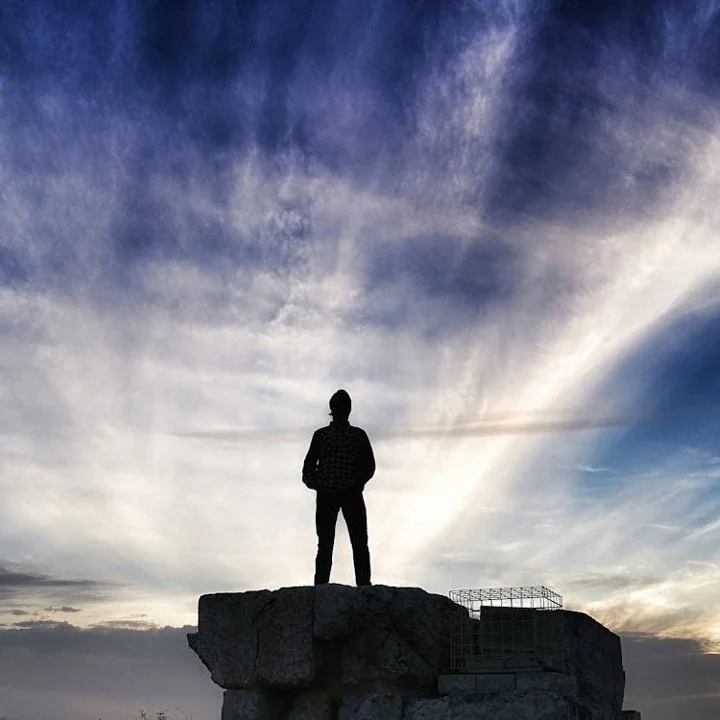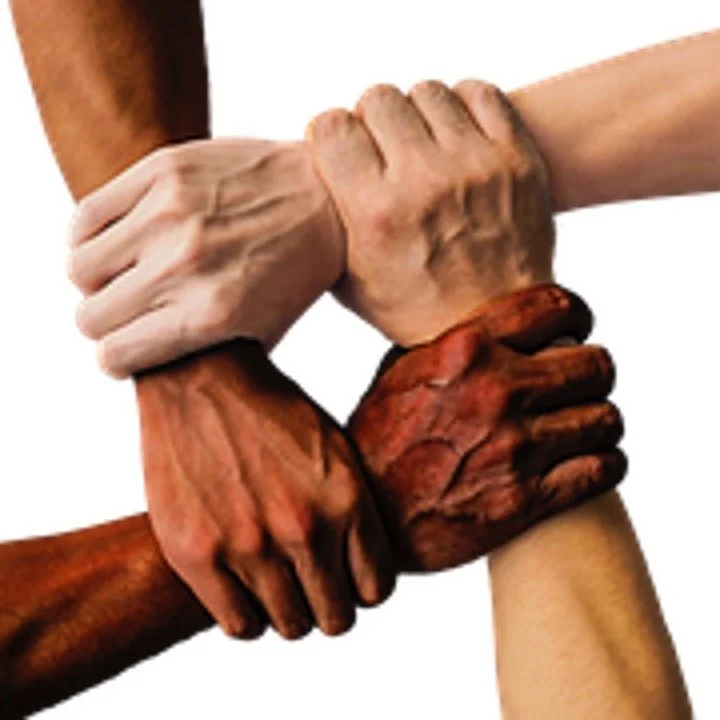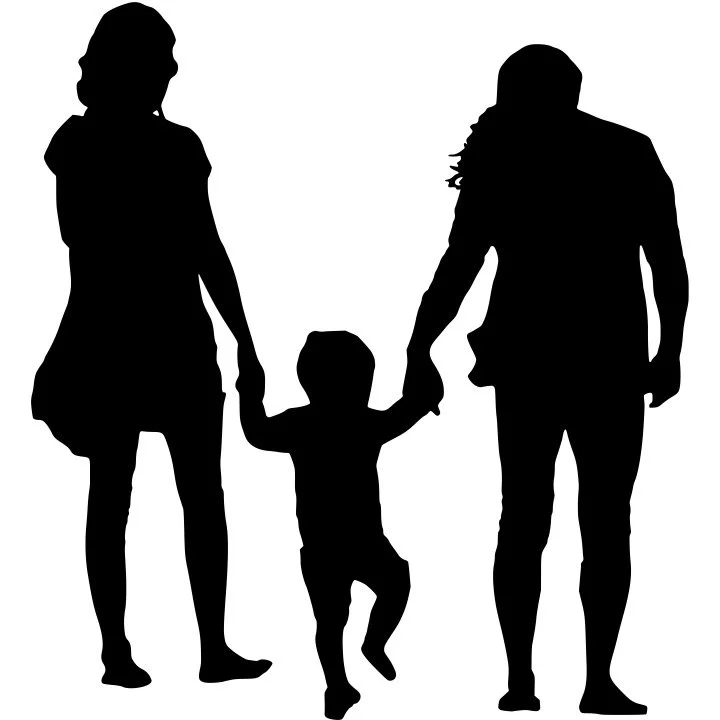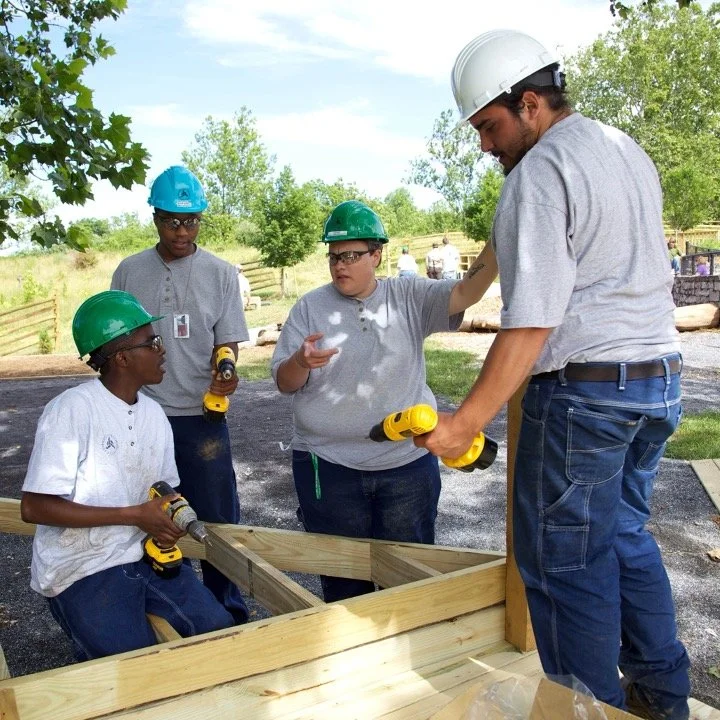Winds of Change
We don’t have to look far to see that something feels off in the world today. Anxiety, burnout, and existential uncertainty are skyrocketing. We are more connected digitally than ever before, able to connect to billions of others around the world at any time of the day, yet we have this feeling of desolation, of being deeply alone, unseen, and disconnected. Political and ideological divides continue to widen, and trust in institutions such as governments, religions, corporations, spiritual teachers and even the idea of truth itself, is eroding. We are living in times where what anyone can decide that in this moment this is truth even though it goes counter to all the facts that say otherwise, and that the world doesn’t support. And unfortunately, many of us are also willing to defend this relative truth with subtle and gross forms of violence such as emotional and psychological intimidation, public shaming, moral superiority, thought policing and demonization of individuals who do not agree with them.
Much of today’s spirituality is disconnected from real transformation, it either remains too abstract and transcendent, ignoring the real struggles of human life, or it becomes just another self-improvement industry, catering to the ego rather than dismantling it. And from what most spiritual teachers say, the ego is a construct of thoughts making it very fragile. And that is important to understand. Most humans do not have a strong sense of internal unity, of our authentic nature. The ego is subject to the hammer fall of judgment and the vicissitudes of validation by others. In contrast, our authentic nature is rock solid. It recognizes that nothing can impact it, nothing can destroy it. It doesn’t fall apart if someone disagrees with us. It recognizes the wave as simply a wave and it allows it to pass without being affected by the up and down motion of its passing. If spirituality is to have real relevance in today’s world, it must do more than offer comfort or temporary relief, it must offer a path toward deep, lasting, embodied transformation and realization of our authentic self. And that requires us to look at the full picture of what it means to be human, not just consciousness and transcendence, but our emotions, our bodies, our relationships, and our place in the collective unfolding of the world. That’s what I hope this podcast will offer.
At the same time, there’s an undeniable hunger for something deeper. A part of us knows things are imbalanced and we seek a common ground from which to attend to this imbalance. That is why we are seeing the rise of mindfulness, meditation, energy healing, plant medicine, and non-traditional spirituality practices. More and more we are recognizing that the old paradigms aren’t enough, and we’re searching for something more integrated, more whole, more real. We are searching for something that talks to us in the moment, that can provide insight as opposed to just information. Additionally, there is so much information available that we feel overwhelmed and find it hard to make an informed decision on which path to follow.
One of the biggest misconceptions in spirituality is that we can skip over the personal work and jump straight into collective transformation. We see this all the time, where people join movements for social justice, activism, or global cooperation, while bringing all their unresolved trauma, projections, and egoic wounds into the work.
True unity, whether in mystical experiences, deep relationships, or global consciousness, requires a surrender of the personal filters that distort our perception. If we have not integrated our pain, our survival mechanisms will remain hyperactive, keeping us stuck in reactivity, judgment, and the illusion of otherness. In essence, our consciousness cannot reside beyond the unresolved layers of our psyche, because those layers act as barriers, preventing us from fully merging with the greater flow of existence. The deeper we go into self-inquiry, healing, and integration, the more we clear these inner filters that blocks direct our experiences of unity, presence, and spacious awareness, allowing us to be in greater resonance with those we are working with. This touches on the first of the three petals of this work: consciousness.
I feel that if we don’t do the "Me" work first, we unconsciously sabotage the "We", collective transformation al work. When we haven’t done the "Me" work, our ability to experience expanded consciousness and true unity is severely limited because we are still trapped in the unresolved patterns of the personal self. Instead of opening to the vastness of existence, we remain bound by unexamined fears, unhealed wounds, and conditioned identities that keep us tethered to separation. We may intellectually grasp concepts of oneness, interconnectedness, or non-duality, but if our personal history is still running the show, we will continue to perceive life through the narrow lens of the ego, which thrives on defensiveness, attachment, self-protection and self-righteousness.
Secondly, many people are drawn to leadership not because they truly want to serve, but because they are seeking validation, recognition, a sense of worthiness or they have a deep-seated need to be in control…of everything. If we haven't resolved our personal insecurities, our personal history, we can enter leadership spaces hungry for approval, needing others to affirm our intelligence, spiritual depth, or moral righteousness. Exploring our broken zones is vital at this point. Being able to sit with our unprocessed psychological history is paramount to moving beyond these insecurities and inner landmines that blow up when we least expect them, throwing us into emotional turmoil, drama and crisis. True leadership is not about filling a personal void, it’s about creating space for others to thrive. But if we haven't done the inner work to feel whole and secure within ourselves, we risk using leadership as a means of self-importance rather than a means of empowerment for all. This touches on the second petal of this work: embodiment.
Another factor effected if we haven’t done our “Me” work is relationship. Every relationship, whether romantic, platonic, familial, or professional, acts as a mirror, reflecting back our deepest wounds and patterns. If we haven’t done the inner work to process past betrayals, abandonment wounds, childhood conditioning, or attachment insecurities, we bring those unconsciously into our relationships, causing unnecessary struggle. This creates cycles of misunderstanding, conflict, and emotional exhaustion, when, in reality, the deeper issue is an internal one that needs to be addressed at its root. Healthy relationship fosters the empowerment of others and acknowedges that others have as much to contribute as we do. This touches on the third petal of the work: relationality.
Collective movements whether social, political, spiritual, or environmental, are meant to bring people together around a shared vision of progress. They create a We-space in which we can bring our unique gifts and contribute with others to the better of humanity. But when individuals enter these spaces without having examined their own fears, biases, and shadow aspects, they can unintentionally recreate the very divisions they aim to dismantle. Movements fail when they become more about individual emotional catharsis than collective wisdom and action. True unity requires deep inner work, an ongoing process of questioning: Am I acting from love or from fear? Am I responding to the present moment, or am I reliving past trauma? Can I open my heart and mind a little more in this moment rather than go into psychological free fall?
When we skip the "Me" work, when we try to change the world before confronting our own shadows, we risk polluting collective spaces with unhealed individual struggles. But when we take the time to truly know ourselves, to examine our wounds, to dismantle our own conditioning, we bring something cleaner, more conscious, and more whole into every interaction, every relationship, and every movement we participate in. If we want to build a better world, we must first do the deep, courageous work of transforming ourselves. Only then can we show up in a way that is authentic, self-aware, and truly capable of contributing to meaningful change.
And truth be told, the work we do within ourselves is not separate from the work we do in the world. And if we truly wish to build a more conscious, cooperative, and awakened humanity, we must be willing to go deep within before trying to change what’s outside of us.
